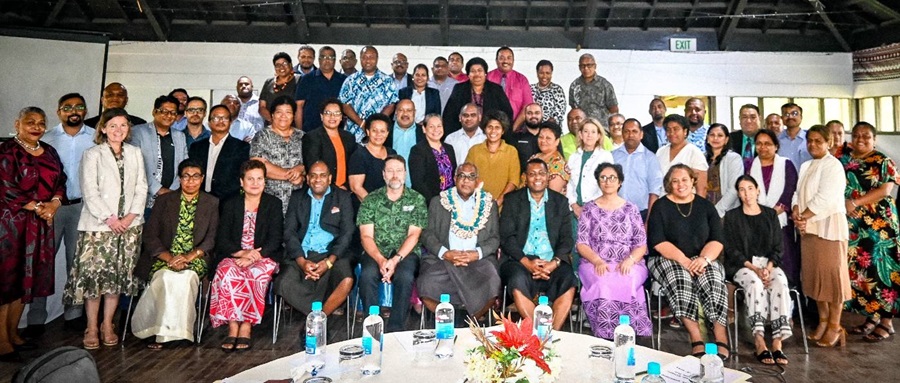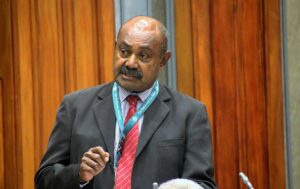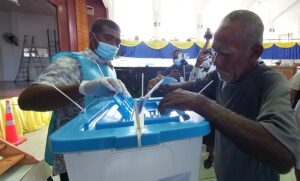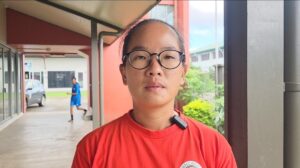Fiji’s Ministry of Health and Medical Services is experiencing staffing shortages.
The latest data from the ministry’s database shows that only 84% of approved health workforce positions are currently filled, leaving 16% of roles vacant. This means that the current workforce only meets 54% of the national target set in the MoHMS Workforce Projection Report 2014–2024.
Public Service Commission Chairman Luke Rokovada who was once PS for Health between 1996 and 2003 highlighted this during the opening of the National Health Human Resources Strategic Workforce Planning Workshop currently underway in Pacific Harbour.
“These numbers tell a worrying story of the status of the health workforce and explain the challenges we are now facing. Challenges that have a direct impact on the life and well-being of our citizens,” Rokovada said.
The workshop has brought into focus the significant staffing challenges, with outward migration, high vacancy rates, and a skills imbalance among the key issues facing Fiji’s healthcare system. Rokovada pointed to outward migration and burnout among health professionals as ongoing problems worsening workforce shortages.
He also raised concerns over the increasing number of nurse training institutions operating without consulting the Ministry of Health, warning that this could compromise the quality of nursing care across the country.
“There is an inherent risk of the quality and competency of nurses being compromised if nurse training institutions do not work closely with the Ministry of Health and Medical Services,” Rokovada warned. He stressed that training is competency-based and involves clinical experience in major hospitals such as CWM, Labasa, and Lautoka, which fall under the ministry’s jurisdiction.
The two-day workshop aims to provide a platform for key stakeholders to collaborate and draft a 10-year National Human Resources for Health (HRH) Strategic Plan. The plan will serve as a roadmap to address the current workforce challenges and improve public health services in Fiji.
“Achieving Universal Health Care and promoting Healthy Islands across the nation rests on our ability to build and maintain a motivated and competent health workforce,” Rokovada said.









